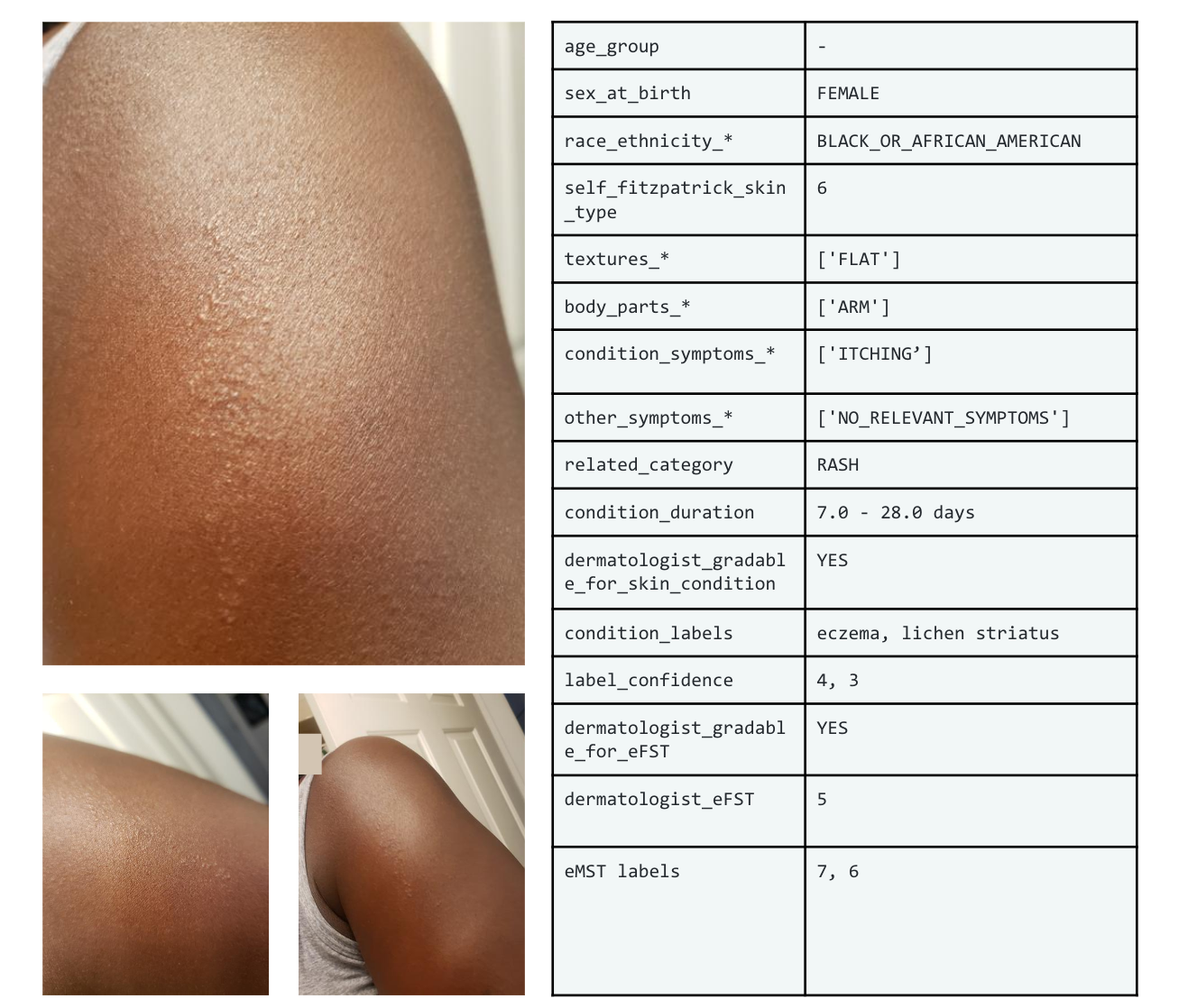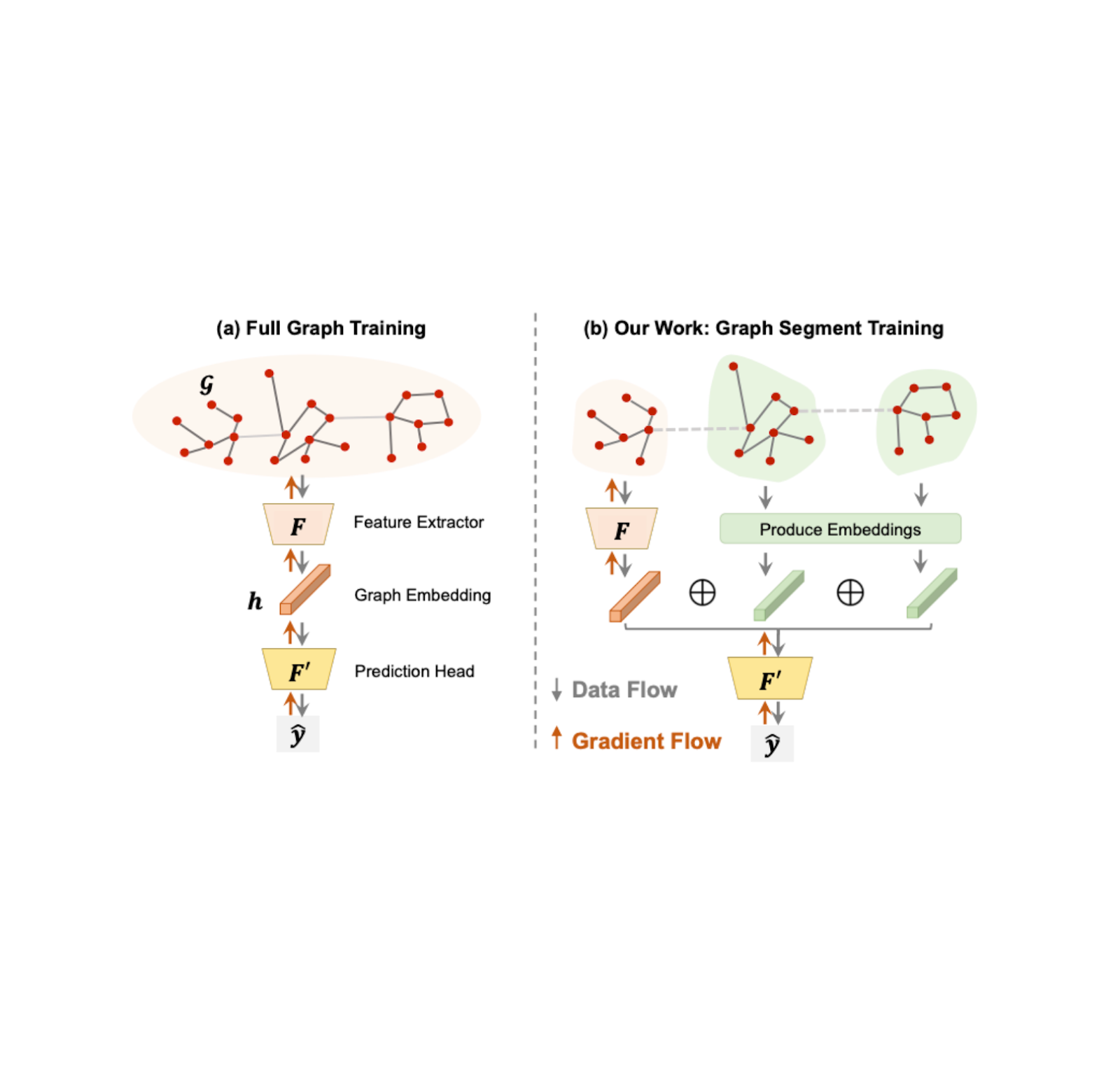
Google Computer Science Capacity Awards
March 16, 2015
By Maggie Johnson, Director of Education and University Relations and Chris Busselle, Google.org
One of Google's goals is to surface successful strategies that support the expansion of high-quality Computer Science (CS) programs at the undergraduate level. Innovations in teaching and technologies, while additionally ensuring better engagement of women and underrepresented minority students, is necessary in creating inclusive, sustainable, and scalable educational programs.
To address issues arising from the dramatic increase in undergraduate CS enrollments, we recently launched the Computer Science Capacity Awards program. For this three-year program, select educational institutions were invited to contribute proposals for innovative, inclusive, and sustainable approaches to address current scaling issues in university CS educational programs.
Today, after an extensive proposal review process, we are pleased to announce the recipients of the Capacity Awards program:
Carnegie Mellon University - Professor Jacobo Carrasquel
Alternate Instructional Model for Introductory Computer Science Classes
CMU will develop a new instructional model consisting of two optional mini lectures per week given by the instructor, and problem-solving sessions with flexible group meetings that are coordinated by undergraduate and graduate teaching assistants.
Duke University - Professor Jeffrey Forbes
North Carolina State University - Professor Kristy Boyer
University of North Carolina - Professor Ketan Mayer-Patel
RESEARCH TRIANGLE PEER TEACHING FELLOWS: Scalable Evidence-Based Peer Teaching for Improving CS Capacity and Diversity
The project hopes to increase CS retention and diversity by developing a highly scalable, effective, evidence-based peer training program across three universities in the North Carolina Research Triangle.
Mount Holyoke College - Professor Heather Pon-Barry
MaGE (Megas and Gigas Educate): Growing Computer Science Capacity at Mount Holyoke College
Mount Holyoke’s MaGE program includes a plan to grow enrollment in introductory CS courses, particularly for women and other underrepresented groups. The program also includes a plan of action for CS students to educate, mentor, and support others in inclusive ways.
George Mason University - Professor Jeff Offutt
SPARC: Self-PAced Learning increases Retention and Capacity
George Mason University wants to replace the traditional course model for CS-1 and CS-2 with an innovative teaching model of self- paced introductory programming courses. Students will periodically demonstrate competency with practical skills demonstrations similar to those used in martial arts.
Rutgers University - Professor Andrew Tjang
Increasing the Scalability and Diversity in the Face of Large Growth in Computer Science Enrollment
Rutger’s program addresses scalability issues with technology tools, as well as collaborative spaces. It also emphasizes outreach to Rutgers’ women’s college and includes original research on success in CS programs to create new courses that cater to the changing environment.
University of California, Berkeley - Professor John DeNero
Scaling Computer Science through Targeted Engagement
Berkeley’s program plans to increase Software Engineering and UI Design enrollment by 500 total students/year, as well as increase the number of women and underrepresented minority CS majors by a factor of three.
Each of the selected schools brings a unique and innovative approach to addressing current scaling issues, and we are excited to collaborate in developing concrete strategies to develop sustainable and inclusive educational programs. Stay tuned over the coming year, where we will report on program recipients' progress and share results with the broader CS education community.
-
Labels:
- Education Innovation
- Programs


